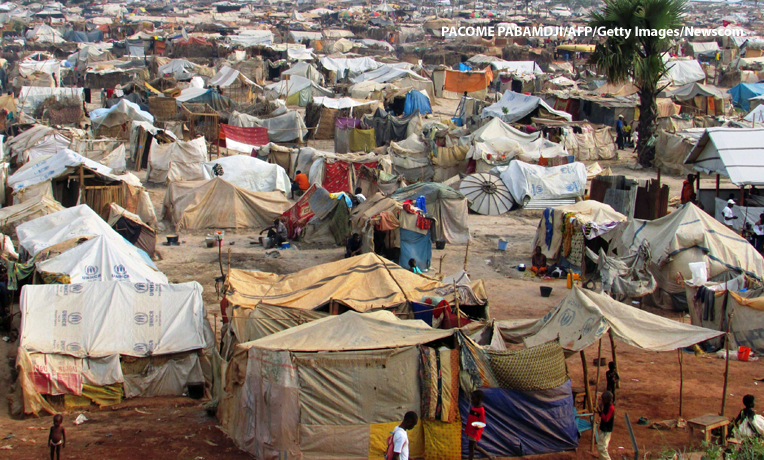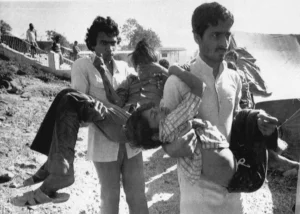This paper investigates the impact of childhood exposure to conflict on later political beliefs and engagement in 17 sub-Saharan African countries. Despite the well-documented “conflict trap” in which regions with histories of conflict are at higher risk of future conflicts, the study finds that exposure to conflict during childhood (ages 0-14) has minimal standardized effects on later political attitudes and behaviors. This result holds across various definitions, specifications, and data sources. While previous research has suggested that conflict disrupts economic growth and can perpetuate violence, this study suggests that these effects are not primarily driven by changes in political beliefs and engagement during childhood. The research provides insights into the resilience of individuals and communities in the aftermath of conflicts and their ability to maintain political stability and engagement.





